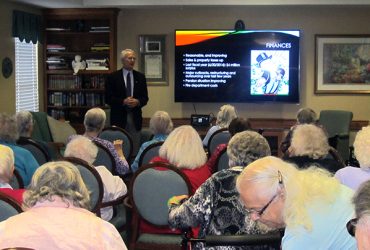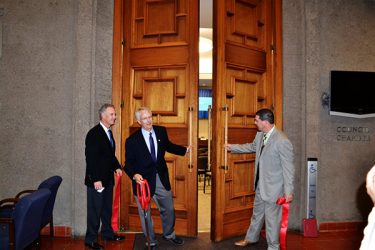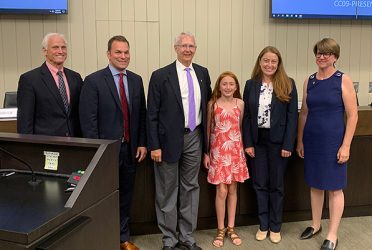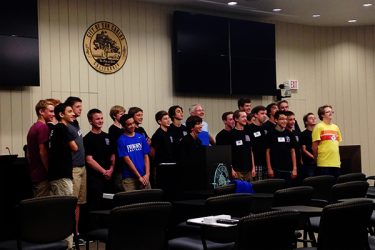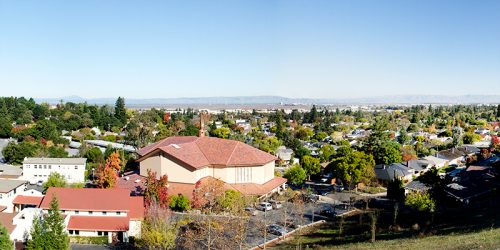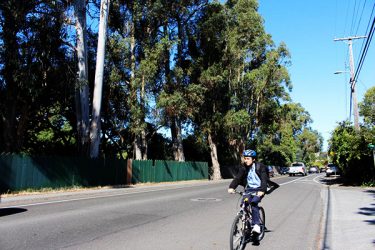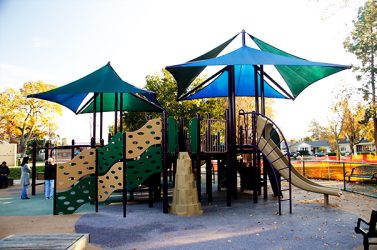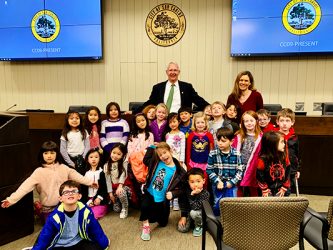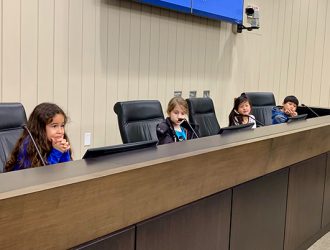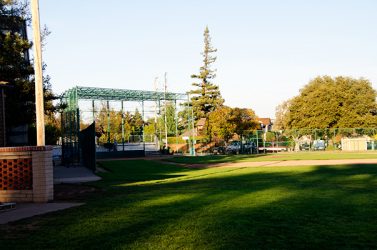At our February 25th meeting one council member engaged in a very lengthy Q&A session with staff about a proposed ordinance banning the use by most merchants of single use plastic bags. This was followed by a somewhat less lengthy speech by the same council member re-iterating the positions made clear during the Q&A. Throughout this, the rest of the Council said very little. In fact, one council member urged four of us not to participate in the Q&A or discussion, which is essentially what happened.
Why would Council members stay silent? I can’t speak for my colleagues, but I’ll tell you why I did. Even though I’m rarely at a loss for words :).
Over time, council members become familiar with each other’s positions. In this particular case, we had heard, and responded to, similar questions and arguments numerous times in the past when environmental ordinances and issues were discussed. Rehashing the same old arguments isn’t a good use of scarce Council time.
Most, if not all, of the new issues brought up by our colleague raised fundamentalist constitutional questions. It’s important to take the time to ponder issues from a constitutional perspective. But in doing so you have to be mindful of the “fundamentalist trap”: if issues could be decided by an individual reading a few pages of material our immense body of law and court decisions would not exist, nor would we staff federal, state and local courts. The fact we have such a system shows the Council shouldn’t consider such issues on the fly. Instead, it’s generally good practice to bring them up ahead of time with staff, or ask the Council to have staff research them. So far as I can tell neither was done in this case.
Not asking for research is a sign someone is raising rhetorical questions. In this instance the specific assertions being made reinforced this impression. When everyday experience directly contradicts something being said you can be pretty sure you’re hearing rhetoric, not inquiry.1
That, in turn, implies a mind already made up, making discussion a poor use of time2. Rather than engage in political theater, it’s better to cast your vote and move on.
But just as the absence of evidence is not evidence of absence, the absence of rebuttal does not mean one side’s arguments are valid, or unanswerable. It may very well mean the evidence, and the arguments, have already been weighed by each council member and two separate conclusions reached: what’s in the best interest of the community, and that further debate would be unproductive. I believe that’s what happened in this case. It’s certainly true for me.
We do, after all, have a community to support and enhance.
| 1 | You can read why my colleague’s questions struck me as rhetorical here. |
| 2 | Note that “a mind already made up” is not “a closed mind”. |


